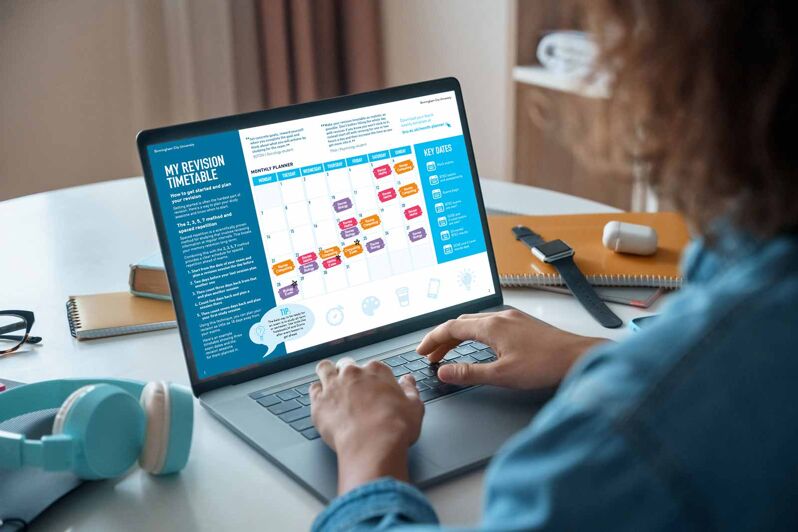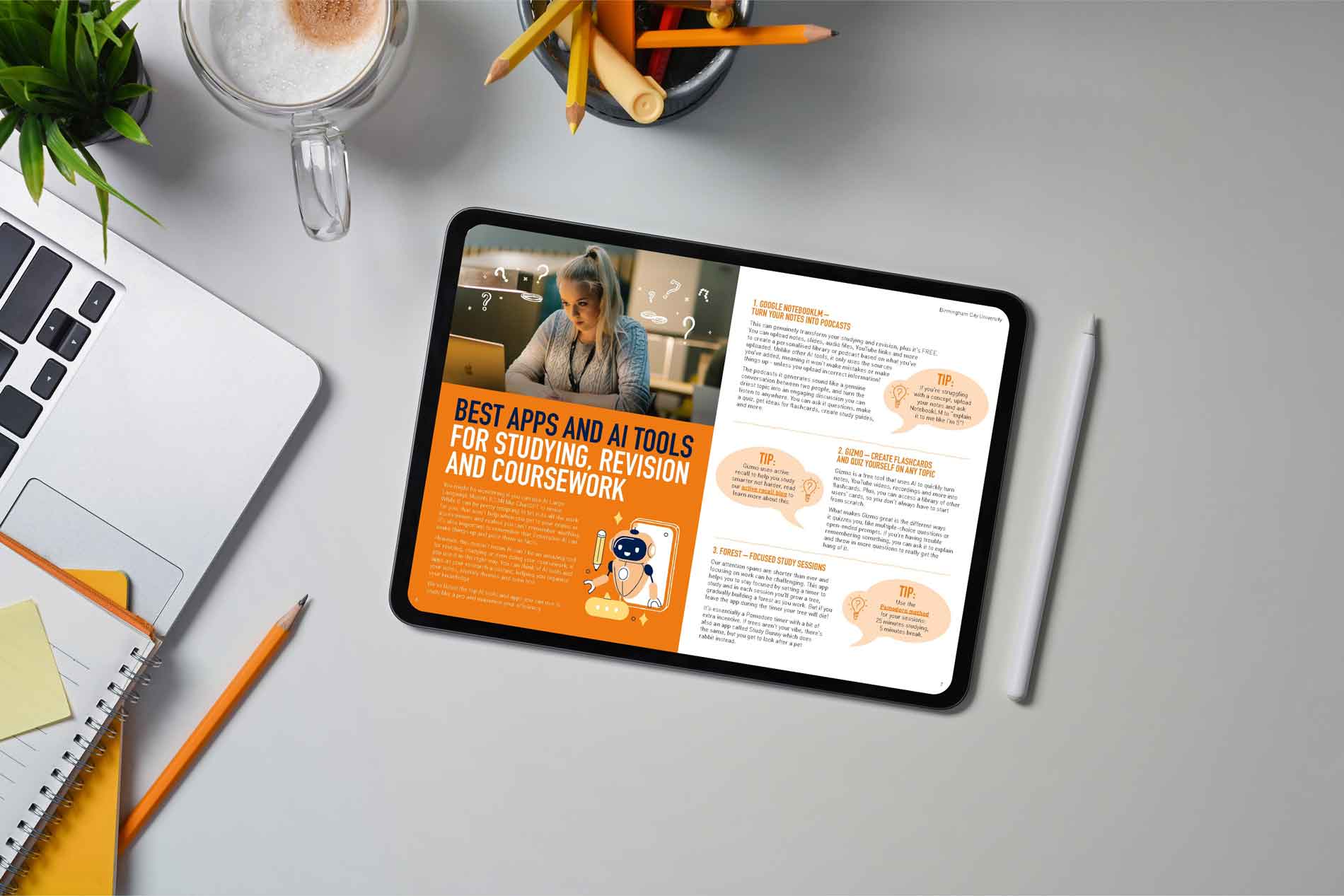The blurting method is a great revision technique that you might have seen all over TikTok, but how can you use it successfully? Follow these steps to blurt your way to good grades!
Struggling with revision?
Get your FREE guide packed with expert study tips, a step-by-step timetable planner, essential AI learning tools, and more to smash your exams.
What is blurting?
Blurting is a form of active recall, a technique where you actively retrieve information from memory. Blurting involves writing down all the information you can remember on a topic (it doesn't matter about the order or if it's correct at the start) then going back to your notes to find out what you've missed or got wrong. Then you study the topic again, paying extra attention to the parts you didn't remember the first time and keep repeating this process until you remember everything you need to know for your exam.
How to blurt
1. Get your notes in order
Having your revision material sorted into manageable and memorable topics will make it easier to digest. You can do this by creating clear headings and subheadings in your notes, creating a mind map for each topic or writing your notes onto flashcards.
2. Familiarise yourself with the topic
Read your notes until you’re at the point where you feel you understand the information and remember some of it – you don’t need to remember everything just yet!
3. Blurt it out
Reading your notes only helps you remember so much so this is where we go a step further and start blurting. Cover or hide your notes and grab a blank piece of paper. Start writing down everything you can remember from your notes.
Invest in a whiteboard to save some paper if you want to be a little more sustainable.
4. Mark your work
Take another look at your notes and see what information you missed during your blurt. Add the information you missed to your blurting paper in a different colour so it’s easy to see what you need to remember next time.
5. Keep going
Hide your notes and previous blurt and go again! Keep repeating the topic until you feel like you remember everything and can recall it in an exam.
6. Take a break
Blurting is quite an intense revision method and asks your brain to work extra hard so make sure you do it in short bursts and take lots of breaks. Don’t blurt yourself into exhaustion!





